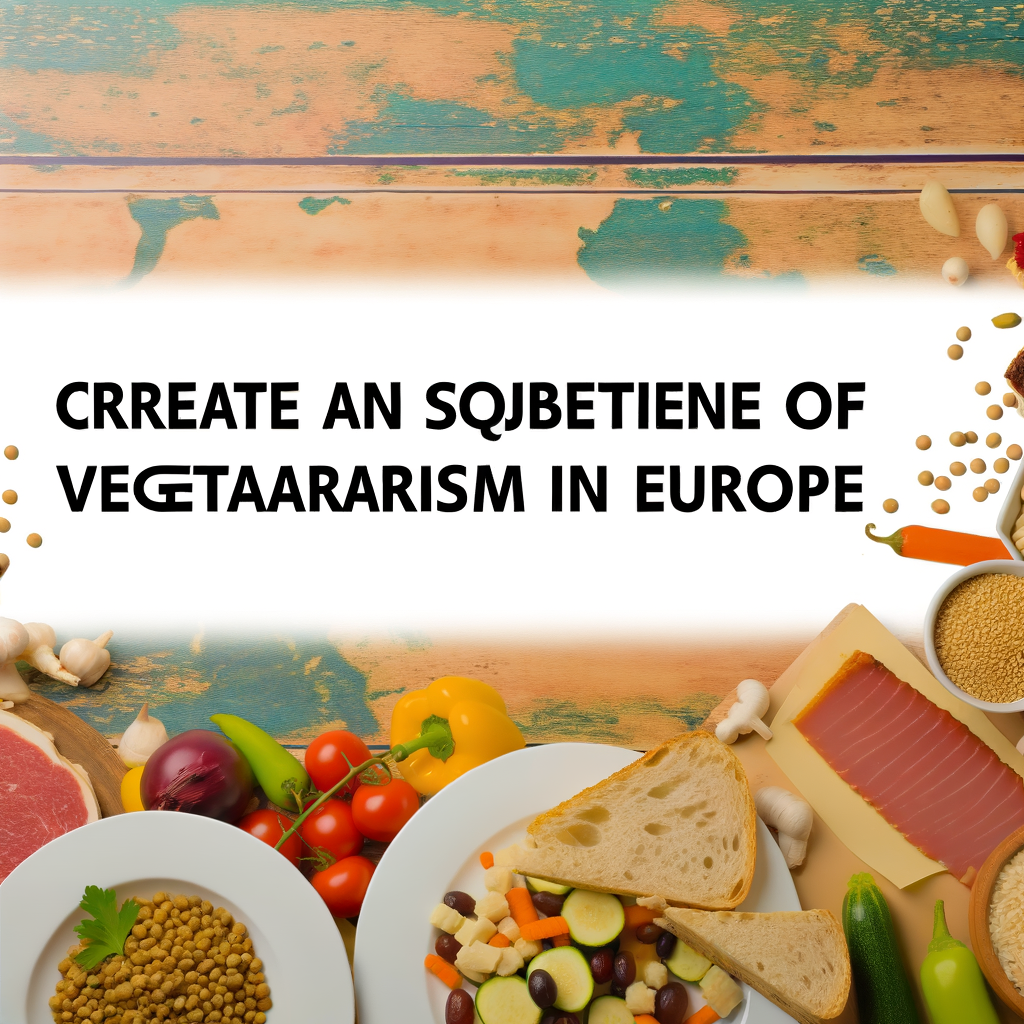When it comes to dietary preferences, there has been a recent surge in the popularity of vegetarianism, particularly in Europe. As an expert chef, I have witnessed this shift in food culture firsthand and have been intrigued by the reasons behind it.
One reason for the rise in vegetarianism is the increasing awareness of the environmental impact of meat consumption. Livestock farming is responsible for a significant amount of greenhouse gas emissions, and choosing a plant-based diet can greatly reduce one’s carbon footprint.
Another factor contributing to the popularity of vegetarianism is the health benefits associated with it. Studies have shown that a well-planned vegetarian diet can lower the risk of heart disease, diabetes, and certain types of cancer. With the rise in chronic diseases, many people are turning to vegetarianism as a way to improve their overall health.
But perhaps the most compelling reason for adopting a vegetarian lifestyle is the ethical aspect. As more and more people become aware of the inhumane treatment of animals in factory farms, they are choosing to eliminate meat from their diets as a form of protest against this cruelty.
As an expert chef, I have embraced the challenge of creating delicious and satisfying vegetarian dishes. With a wide range of fresh produce and ingredients available, vegetarian cuisine has never been more exciting. Whether it’s a hearty vegetable stew or a flavorful tofu stir-fry, there is no shortage of options for vegetarians to enjoy.
In conclusion, the rise of vegetarianism in Europe is not just a trend, but a conscious decision to make a positive impact on the planet, one meal at a time. As a chef, I am proud to be a part of this movement and to help promote a more sustainable and compassionate approach to food.





